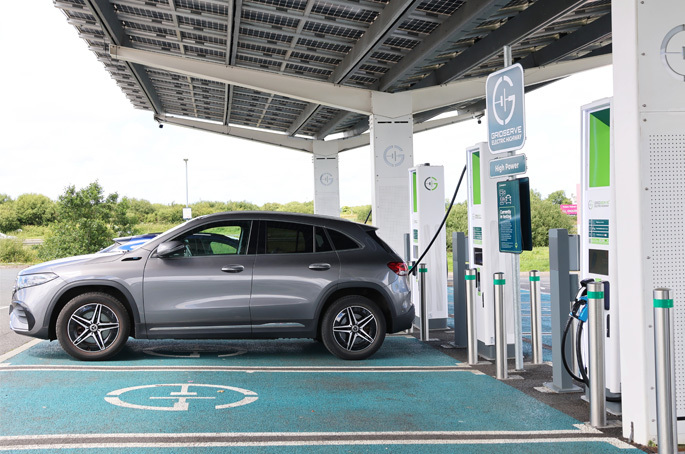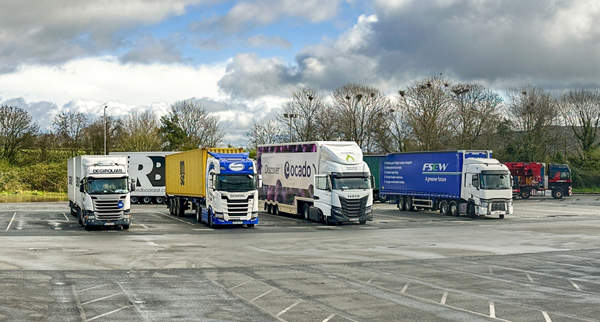Electric vehicle (EV) owners could be hit with a new ‘pay-per-mile' tax introduced in the upcoming Budget to combat falling fuel duty revenues, according to The Telegraph.
Chancellor Rachel Reeves is reported to be planning an additional tax of 3p per mile on EVs from 2028 following consultation, costing the average driver £250 a year. The charge will be based on an estimated average rather than on electronically monitored data.
Ministers are likely to frame the move as an attempt to improve fairness, as those driving petrol vehicles currently pay an average of £600 a year in fuel duty.
Road user charging has long been seen by industry insiders as one of the most effective demand management tools available. However, some have argued that imposing the tax this early in the rise of EVs could stifle their uptake.
Implementation
The plan for this scheme, which is being referred to as ‘VED+', is to align it with the annual payment of vehicle excise duty (VED) that has been paid by EV drivers since April of this year.
To calculate how much they must pay, EV drivers will be expected to estimate the number of miles they will drive in the year and pay a fee pre-emptively.
If the actual miles driven fall short of the estimate, some of the remaining money paid can then be carried over to the next year, with drivers who overshoot their estimate having to top up their payment if needed.
The charge will also be implemented for those who drive hybrid cars, although this will be set at a lower rate than for EVs.
The Government is also reportedly working on a wider package of measures to support the EV sector, offering both discounts and other incentives (such as exemption from ULEZ charges) to encourage people to buy EVs.
However, the decrease in petrol usage has meant that, by 2040, there will have been roughly £12bn lost in tax revenue from fuel duty according to Treasury estimates.
As it already oversees the collection of VED – via cameras that scan number plates and with employees on patrol – the Driver and Vehicle Licensing Agency (DVLA) will be tasked with also handling the new tax.
































